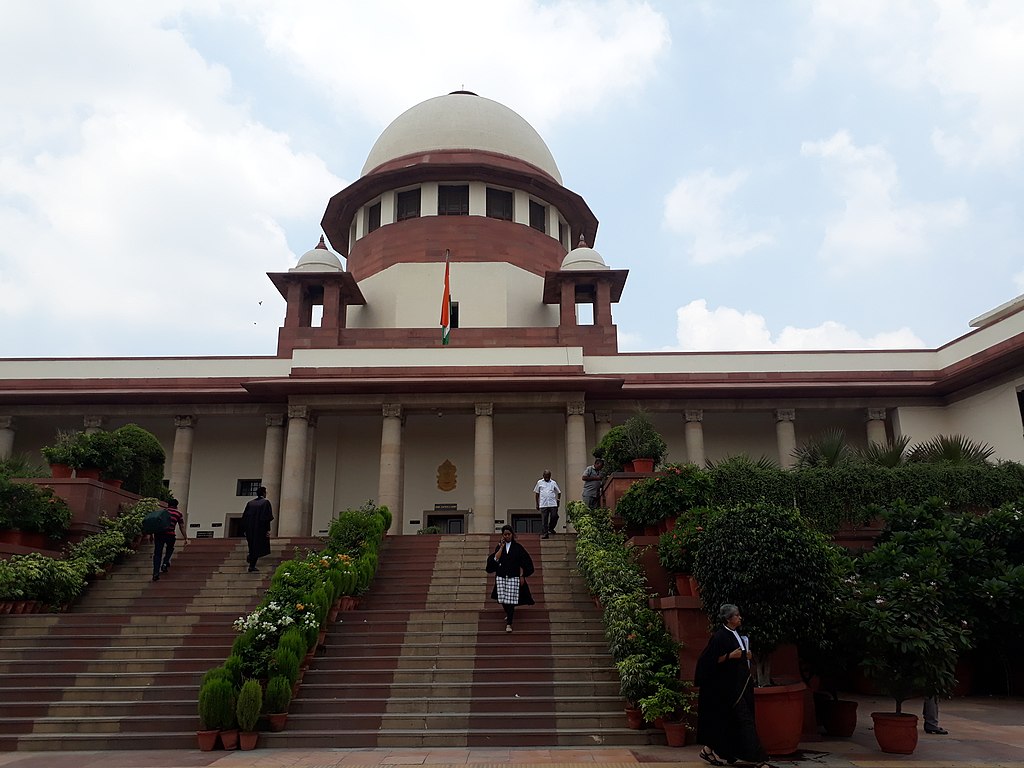Rules for Disclosure of Judges’ Assets
The recent discovery of large sums of cash at the residence of Delhi High Court judge Justice Yashwant Varma has intensified discussions about corruption within India’s higher judiciary. This incident has sparked calls for mandatory public disclosure of judges’ assets and liabilities. Currently, judges are not required to disclose this information, unlike other public servants.
Historical Context of Asset Disclosure
In 1997, the Supreme Court of India adopted a resolution requiring judges to declare their assets to the Chief Justice. This disclosure was not intended for public access. In 2009, a Supreme Court resolution allowed voluntary public declaration of judges’ assets on the court’s website. However, this practice has faltered, with the last updates occurring in 2018.
Current Status of Asset Declarations
As of March 2025, only 97 out of 770 High Court judges have publicly declared their assets. This represents less than 13% of the total. Many High Courts have resisted public disclosure. Most High Courts oppose public disclosure. In 2012, the Uttarakhand High Court stated that judges should not be covered under the Right to Information (RTI) Act. Many High Courts, including Allahabad, Rajasthan, Bombay, and Gujarat, rejected RTI requests seeking judges’ asset details.
The RTI Act
The RTI Act, enacted in 2005, promotes transparency among public servants. It mandates annual asset declarations for government officials. Unlike judges, whose asset information is often inaccessible, public servants’ declarations are typically available to citizens. The RTI Act has empowered citizens to request information, leading to greater accountability.
Legislative Recommendations
In 2023, Parliament’s Committee on Personnel, Public Grievances, and Law and Justice recommended legislation to enforce mandatory asset disclosure for judges. However, no progress has been made on this front. This lack of movement raises concerns about judicial accountability and transparency.
Comparative Analysis
Judges in India are unique compared to other public servants. While judges are not obligated to disclose their assets, politicians and government officials must declare their assets publicly. This disparity raises questions about the integrity and accountability of the judiciary. The public expects the same level of transparency from judges as from other public officials.
Month: Current Affairs - March, 2025
Category: Legal & Constitution Current Affairs







